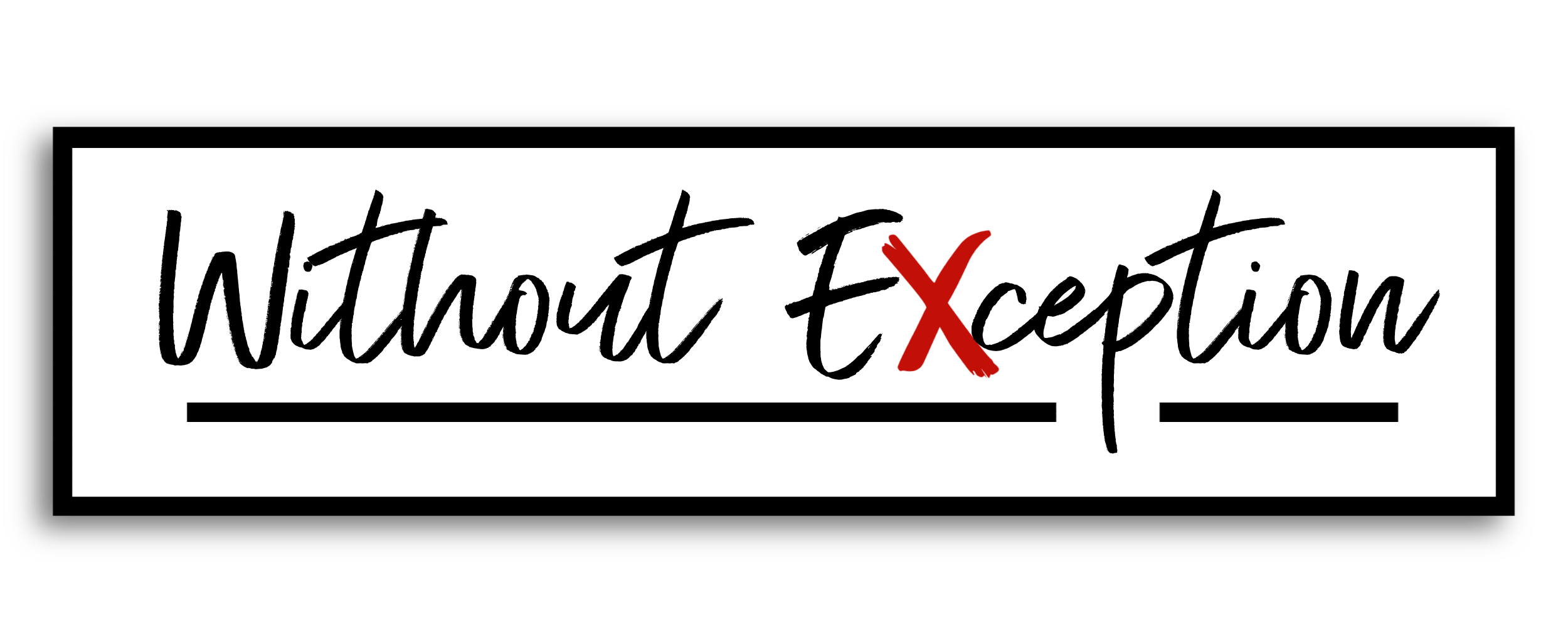In Ezekiel 14:12-23 there’s a very interesting reference to Noah, Daniel, and Job, other characters from biblical history. God pronounces judgment upon Jerusalem and says that even if these men were there, they’d spare only their own lives by their righteousness (14:14). In Job’s time, when Satan appeared before the Lord, God suggested Job as a candidate for temptation because of Job’s incredible reputation of being a God-fearing man. He describes Job by saying, “there is none like him on the earth” (Job. 1:8). Likewise, in Noah’s day, the world was so corrupt God determined to make an end of all flesh with a flood and Noah was spared alongside his family (Gen. 6:9-22). Daniel, living in Babylon as a contemporary of Ezekiel, likewise distinguished himself as a righteous man. Early on we see how he was willing to remain faithful to Jewish law concerning food and refused the king’s food (Dan. 1:8) and Daniel was righteous to the point that his enemies recognized that the only fault they could find with him was in relation to his devotion to God (Dan. 6:5).
These were three men from biblical history that clearly set themselves apart as examples of righteousness. We know another story of Abraham’s intercession for Sodom and Gomorrah and that as a result God was willing to spare these pagan cities on behalf of 10 righteous people (Gen. 18:32). However, when only Lot was found as righteous within the city, he was taken out of the city and spared from destruction while the rest of the city fell under God’s judgment. Abraham’s intercession was answered, not with the sparing of the city, but with the sparing of his nephew, Lot.
Now, God issues a declaration of judgment through Ezekiel. Not upon the ungodly, pagan cities of Sodom and Gomorrah. But on Jerusalem. The very city that had been originally chosen as the primary place for the worship of the true God. Certainly, the depths of Judah’s sin deserved judgment. Sadly, we see that at this point there was no way out. There would be no prophet, no righteous man, that would cause God to spare the city.
When we think of the surety of God’s judgment, it’s a fearful thing. On page after page in the Scriptures we see judgment pronounced and judgment executed. In this text, we see that the people would have to own up to their own sin and that they couldn’t be bailed out by another. Likewise, sinful human beings today stand condemned by their sin and are under the coming judgment of God. But thank the Lord today that He sent His Son into the world to bear the punishment that we deserved. Jesus Christ was the propitiation for our sin, meaning that He was the wrath-bearing sacrifice. He bore our sin, He bore our punishment, and He bore God’s holy and just wrath that we deserved.
I’m thankful today that we don’t rely on Noah, or Daniel, or Job, and certainly not ourselves, but on the perfect righteousness of Christ. Apart from Christ, we are utterly without hope. But with Christ we can rejoice in the deliverance that we’ve received and will receive on that final day solely by God’s amazing grace.


Leave a Reply